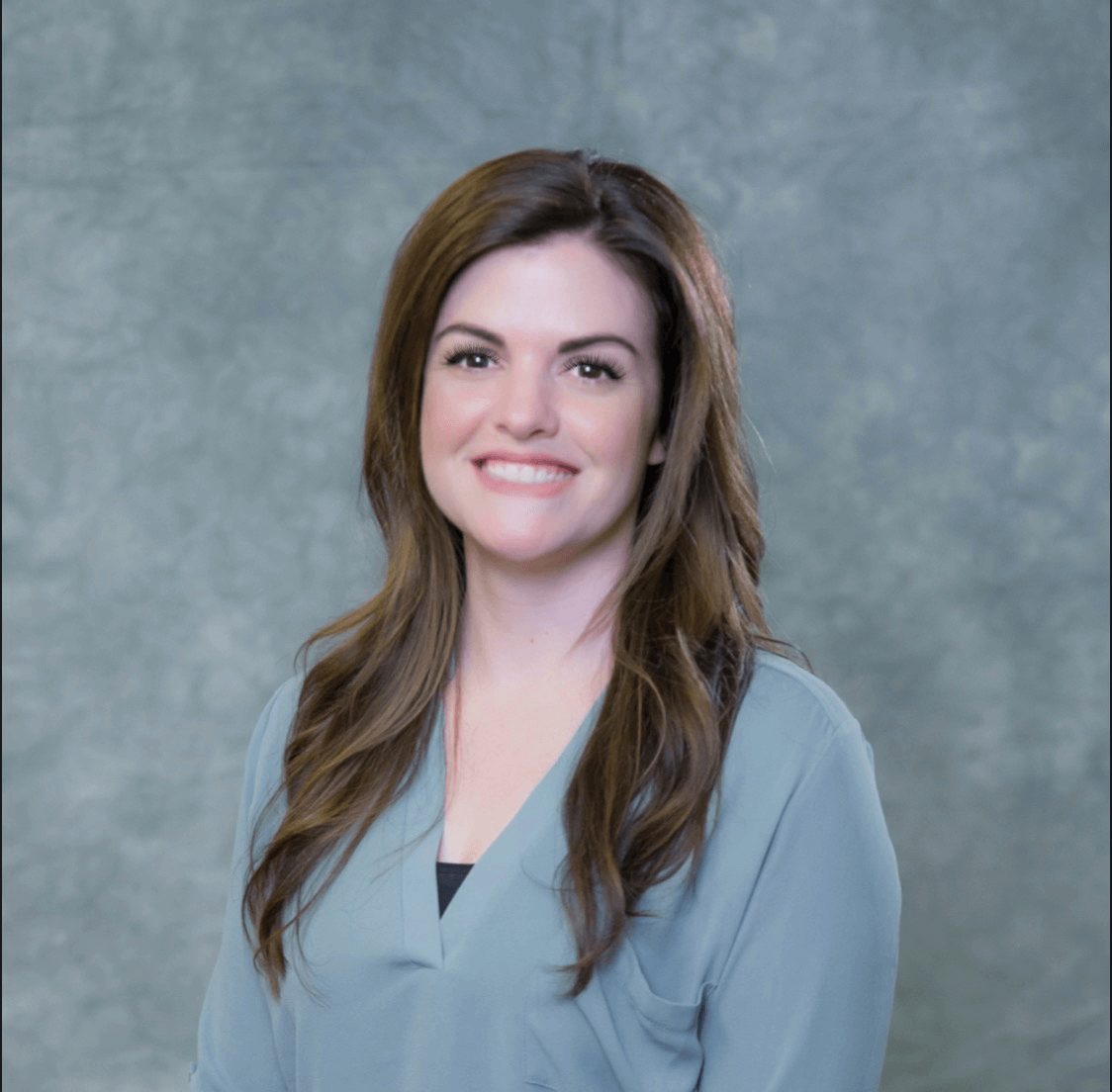Mythbusting the Maintenance of Specialty Certification (MOSC)
What is the MOSC process?
The Maintenance of Specialty Certification (MOSC) process is the pathway through which certified clinical specialists demonstrate continuing clinical competence and commitment to lifelong learning across the 10-year certification period in anticipation of renewing specialist certification. Main components of this process include:
- Record of professional standing and clinical practice hours
- Professional development activities and ongoing learning
- Peer review of continuous development of clinical reasoning and skill (case reflection)
- Evidence of knowledge expertise and practice growth (exam)
What is the MOSC exam?
The Maintenance of Specialty Certification (MOSC) exam is completed as a component of renewing American Board of Physical Therapy Specialties (ABPTS) clinical certification at the 10-year mark. The exam ensures that certified clinical specialists have integrated current evidence and maintained knowledge expertise in their specialty area of practice. Specialist certification communicates to patients and referral sources that a clinician possesses advanced knowledge and skills. The MOSC exam helps uphold this standard by confirming those who are certified as clinical specialists are at the forefront of research and practice.
Myth-busting the MOSC
Myth: “The questions and answers on the MOSC exam are based on opinion.”
Fact: The questions on the MOSC exam go through a rigorous, multi-step development and review process, which begins with the Specialization Academy of Content Experts (SACE) Item Writers, then the Clinical Content Experts (CCEs), on to the Women’s Health Specialty Council members, and Professional Service Industries (PSI) exam psychometricians. Every exam question and answer must have two primary references within the last 10 years (preferably 5 years) to support the accuracy of the content in the question and answer.
Would you like to get involved in ongoing contribution, development, and improvement to the MOSC exam? Apply to become a SACE Item Writer: https://specialization.apta.org/for-specialists/volunteer/specialization-academy-of-content-experts
Myth: “The MOSC exam must be taken at a proctored testing site and is closed-resource.”_
Fact: The MOSC exam is taken online at the location of your choice (such as at home, work, coffee shop, etc.). The exam consists of 100 multiple-choice questions organized into four blocks of 25 questions each. Timing allows 12 minutes per question, and test-takers have a total of 8 months to complete the exam. It is not intended to be completed in one sitting, and could even be completed one question at a time, if the test-taker prefers. It is also an open-resource exam with the intention that test-takers will dive into the most current literature to stay up-to-date with evolving evidence. The exam is specialty-specific, assesses your knowledge expertise in the specialty area, and reflects contemporary specialist practice.
More information about the MOSC exam can be found at: https://specialization.apta.org/maintain-certification/mosc-requirement-4
Myth: “A case reflection must be completed every 3 years.”_
Fact: A case reflection must only be completed one time across a 10-year period of certification. Typically, a case reflection is not completed at the 3-year MOSC cycle and is completed for the 6-year MOSC cycle. If a case reflection was completed at the 3-year MOSC cycle, then no case reflection is required at the 6-year MOSC cycle.
More information and resources regarding the clinical case reflection can be found at: https://specialization.apta.org/maintain-certification/mosc-requirement-3
Myth: “Only patient care hours and CEUs count towards professional development for MOSC.”
Fact: [Evidence of professional development activities] must be provided within two of the three designated activity categories in years 3, 6, and 9. These activities include professional services (such as being a SACE Item Writer, serving on an ABPTS or APTA task force, or other service volunteer activities with APTA Academies), continuing education coursework, publications, presentations, clinical supervision and consultation, research, clinical instruction, and teaching. By year 9, you must have accrued a minimum of 30 MOSC credits and demonstrated professional development in each of the three designated activity categories.
More information about professional activities that count towards MOSC can be found here: https://specialization.apta.org/maintain-certification/mosc-requirement-2
Are you looking for service opportunities with the ABPTS or APTA?
- ABPTS: https://specialization.apta.org/for-specialists/volunteer
- APTA: https://www.apta.org/apta-and-you/volunteer-opportunities
- Academy of Pelvic Health Physical Therapy: https://www.aptapelvichealth.org/volunteer

Author: Pamela Kays, PT, DPT, EdD, Board-Certified Women's Health Clinical Specialist, Certified Pelvic Rehabilitation Practitioner
Author Bio: Pamela Kays is a member of the 2025 ABPTS Women's Health Specialty Council, along with Sarah Macrowski Macaraeg, Margaret Bronson, and Liana Merrick.


